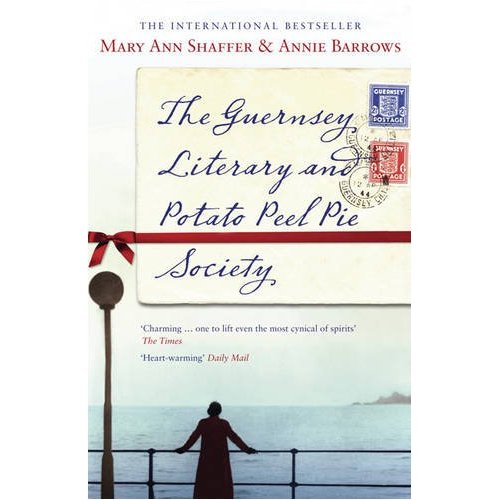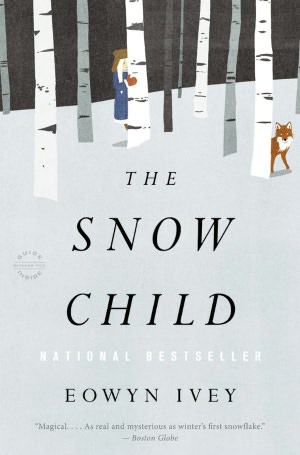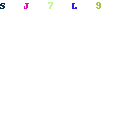Yesterday I gave a poetry reading, then taught a poetry writing class--both in the space of 4 hours, located half an hour apart. A bit on-the-go, but what a wonderful day! My groups for both were far smaller than I would have originally liked, but what they lack in number they made up for in enthusiasm. Small and mighty.
I must confess, before I go to a reading or lecture I do pray for a large group of people. But--far more valuable--I pray "let it be the right group of people." In my experience so far, that has always been the case. I'd rather have people come who are truly touched by my work, who stay afterward to converse, who get excited about poetry or perhaps their own creative projects (and I'm certainly happy when they buy my chapbook, too!)--than people who will simply be bodies in seats.
It's been a season for me of enthusiastic rejections: editors who take the time to write me individually to say they liked my work, even though they're not going to publish it. I had one editor tell me that a story of mine made the short-list, that it was "totally publishable," but it just didn't fit with the overall collection that emerged. I've compiled literary magazines before--I certainly understand that. And I truly do appreciate their comments. But--it would be nice to open up my inbox and read, "I really liked your work AND I'd like to publish it." I keep hoping, every day.
Just when I was starting to get particularly frustrated, I talked with a friend I'd known since high school. I was looking for poems on the theme of giving thanks, and she said "what about the one you wrote for me in high school?" I'd forgotten about it, but as she read it to me, I remembered crafting every line. We both nearly cried at the end. She reads it regularly. "I suppose it doesn't have anything to do with giving thanks," she said when she finished. "But it makes me grateful."
That set me straight. It's easy to forget how things take on a life of their own. This poem, read in a magazine, that act of kindness...we don't get to know how others we respond. Goodness knows there are stories I remember years after having read them, but I've never let the author know that.
I do keep hoping and praying for more readers, and I'm sure I always will. But I am so grateful for the ones I have, for the way people take a poem and make it their own. Art is a joy.





 I remember, during a fit of frustration in a poetry course in college, thinking that I wanted to do an experiment: I'd show individuals the same poem as ask for their responses. Half of them, I would tell that it was an original work by a student. I'd tell the other half that it was a well known work by a very famous poet. I'd still like to see that experiment--I'd bet money that the people who were told the poem was already "good" would respond far more favorably.
I remember, during a fit of frustration in a poetry course in college, thinking that I wanted to do an experiment: I'd show individuals the same poem as ask for their responses. Half of them, I would tell that it was an original work by a student. I'd tell the other half that it was a well known work by a very famous poet. I'd still like to see that experiment--I'd bet money that the people who were told the poem was already "good" would respond far more favorably.






